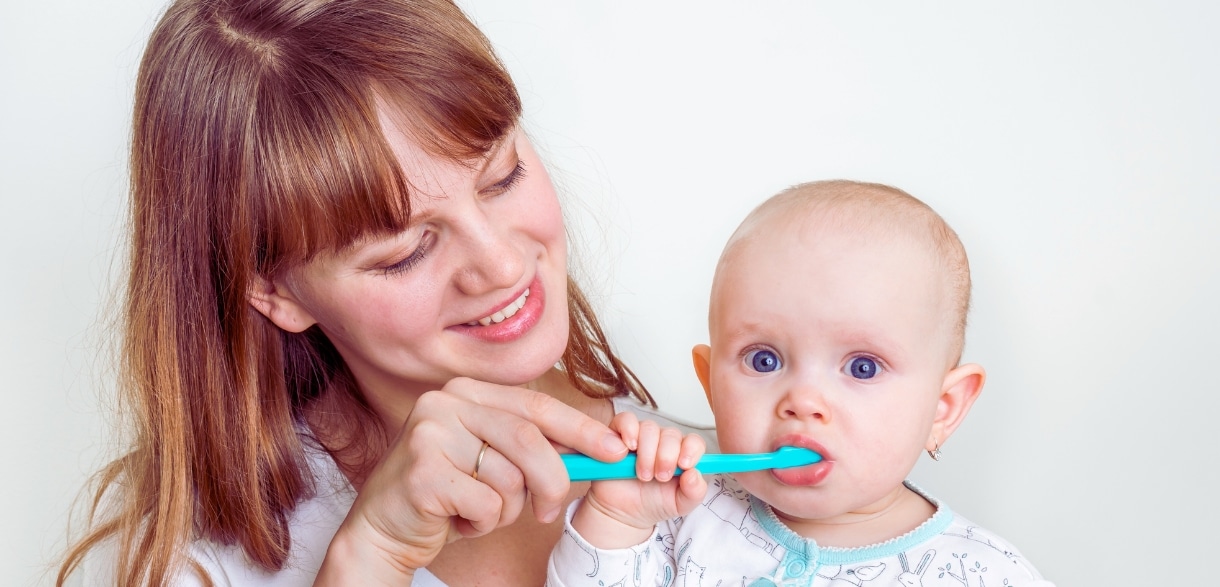Baby Teeth Matter! Why Early Dental Care Is Crucial?

When it comes to your child’s smile, baby teeth play a more significant role than most people realize. While these first teeth eventually fall out, they are vital for a child’s overall health and development.
Neglecting early dental care for baby teeth can lead to problems that may affect permanent teeth, speech, and even self-esteem.
Establishing good oral habits early helps set the foundation for a lifetime of healthy smiles. That’s why understanding why baby teeth matter and how to care for them is so crucial. By the time those first teeth appear, it’s time to start thinking about dental health — and it’s never too early to start!
Let’s dive into why early dental care should be at the top of your parenting checklist.
The Role of Baby Teeth in Child Development
Baby teeth might be temporary, but they play a vital role in your child’s growth and development. They serve as the foundation for lifelong dental health. Caring for these first teeth supports various aspects of development, including:
- Proper Chewing and Nutrition: Baby teeth help children chew food efficiently, ensuring they receive the nutrition needed for growth.
- Speech Development: Clear pronunciation of words relies on healthy baby teeth. Speech issues can arise if teeth are missing or misaligned.
- Guiding Permanent Teeth: Baby teeth act as placeholders for permanent teeth, guiding them into the right position, and helping avoid future orthodontic issues.
What Happens If Baby Teeth Are Neglected?
Skipping early dental care may cause complications that affect your child’s oral health and overall development. Neglecting baby teeth can lead to several issues, such as:
- Increased Risk of Cavities and Early Tooth Loss: Untreated cavities can result in early tooth loss, affecting chewing and self-esteem.
- Misalignment and Orthodontic Problems: Baby teeth play a crucial role in setting the stage for permanent teeth. Neglect can lead to misaligned adult teeth.
- Pain, Infections, and Difficulty: Decay or untreated dental issues can cause pain, infections, and trouble with eating or speaking, leading to even more challenges.
When Should a Child First See a Dentist?
A child’s first dental visit is essential for monitoring oral health from the start. The American Academy of Pediatric Dentistry (AAPD) recommends that your child visit the dentist by age one. Here’s what parents can expect:
- First Visit Expectations: The first appointment usually involves a gentle checkup of your baby’s mouth and teeth, giving parents guidance on caring for their child’s oral health.
- Routine Checkups: Regular visits from an early age help prevent issues like cavities, ensure proper growth, and create a positive association with dental care.
Preventing Tooth Decay in Babies and Toddlers
Tooth decay is one of the most common preventable childhood health issues. Parents can take several steps to protect their child’s teeth from decay and promote a healthy smile:
- Proper Brushing and Flossing: Begin brushing your child’s teeth with a soft toothbrush as soon as their first tooth emerges. Use fluoride toothpaste as recommended.
- Diet and Bottle Habits: Limit sugary snacks and drinks, and never let your baby fall asleep with a bottle to prevent decay.
- Fluoride and Sealants: Ask your dentist about fluoride treatments and sealants to protect teeth from decay and strengthen enamel.
Building Healthy Oral Habits Early
Creating a fun and stress-free environment for dental care encourages children to develop healthy oral hygiene habits. Here’s how you can make brushing and dental visits easier for your child:
- Make It Fun: Turn brushing time into an enjoyable routine by using fun songs, colorful brushes, or fun toothpaste flavors.
- Encourage Good Hygiene at Home: Set a daily routine of brushing and flossing to ensure your child gets into the habit of caring for their teeth.
- Positive Reinforcement: Celebrate achievements, like brushing without complaining or visiting the dentist, to reinforce positive behavior and create long-lasting oral care habits.
Starting early with dental care for baby teeth can make a world of difference. By focusing on those first teeth, you set the stage for a lifetime of healthy smiles. Creating good habits now not only protects baby teeth but also helps develop essential oral care skills that benefit their overall health. Don’t wait—call our pediatric dentist today!


